Defining Craft Beer
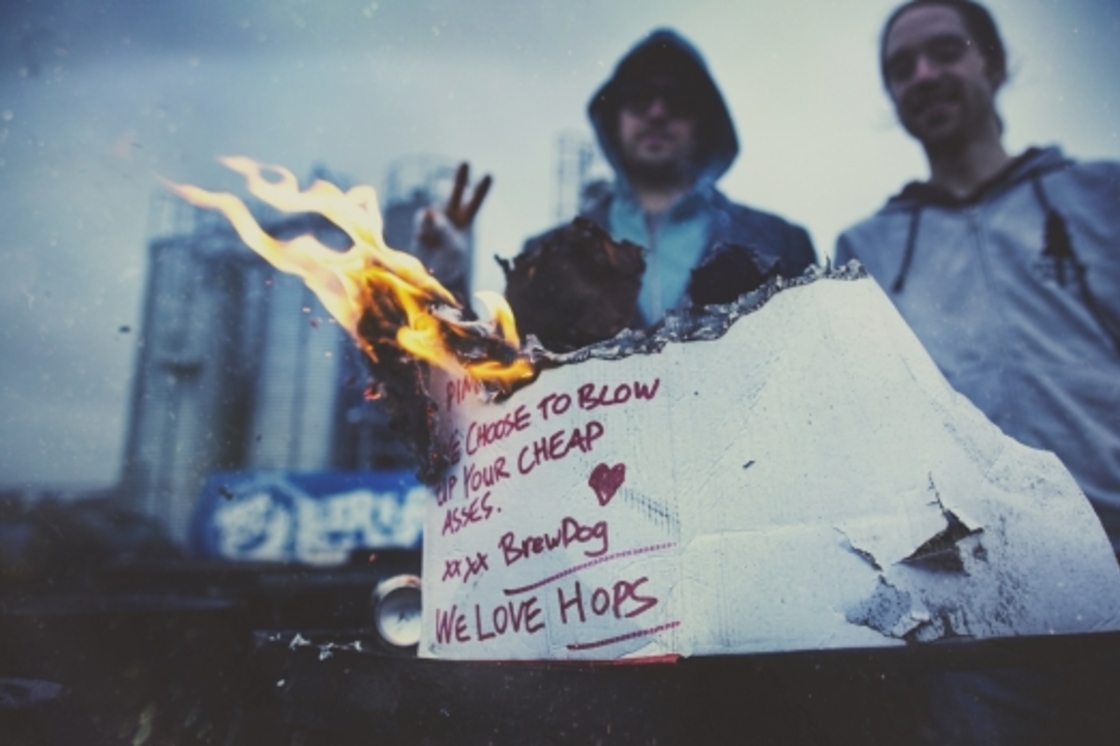
Last year at the Independent Manchester Beer Convention, I was part of a panel discussing craft beer. I was the only member of the discussion who felt that we need to define what craft beer is. The others on the panel, as is the same for most people in the UK industry, baulked at the challenge, simply quoting the difficulties and declaring me insane. I don’t care. I can live with being a little crazy.
I categorically believe we need to define craft beer in order to protect the fledgling craft beer movement in the UK and in Europe. I believe if we do not look to put an industry recognised definition on craft beer then the large, monolithic brewers will simply exploit all that we have worked so hard to build.
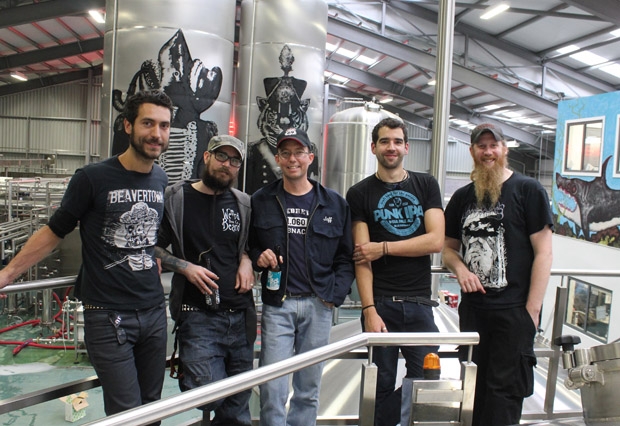
From my perspective, the US craft beer movement has only been able to grow as it has because of the US Brewers' Association’s official and accepted definition of craft beer. Sure, their definition is imperfect; it has it's flaws and people can dig up a few exceptions or perhaps controversial omissions. However, it has undeniably served its purpose in that it has enabled craft beer to explode, that it has given new consumers a point of reference and enabled retailers to structure their offerings in order to promote great craft beer.
I think we need an official definition firstly to protect craft brewers and what we are building; secondly to guide consumers in this new and emerging category in the UK; thirdly to ensure that true craft brewers can charge a fair and sustainable price for their masterpieces; and fourthly to enable craft beers to grow as strongly in the UK as they have in America.
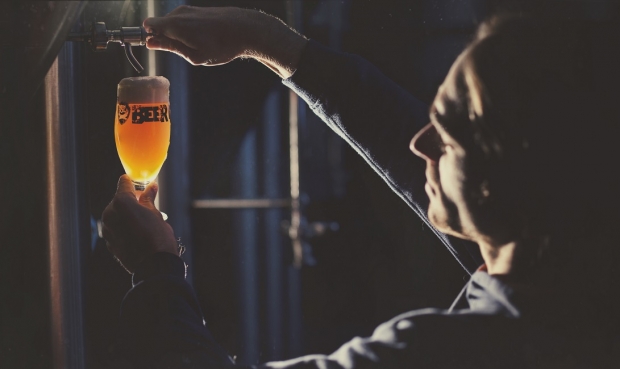
Our friend Greg Koch from Stone Brewing agrees we need to define it;
"Craft beer is more than just awesomely delicious beer. It's also a revolution against the insult of the industrialized notion of beer that has been preying on the populace for decades. And yet with the success of the resulting backlash of craft beer which has brought real choice back to the people, the mega-beer-industrial-complex wants to co-opt craft beer now too. We cannot allow this to happen or it will erode the very progress we have all worked so hard to achieve. And they know this. A strong craft beer definition, which has admittedly proved to be a daunting task, is critical in shoring up the defenses for this thing that is so very dear to beer enthusiasts. We should not let the difficulty of the task of clear definitions dissuade us. We need to allow consumers the ability to decide for themselves who they want to support, but in order to do that, they must be able to understand clear definitions. The big companies wish to obfuscate and confuse. It is to their advantage. The craft brewers wish to be open, honest and straightforward as it is to our advantage. A strong, clear definition allows for actual choice, and not just the illusion of choice. The difference is massive. Freedom!"
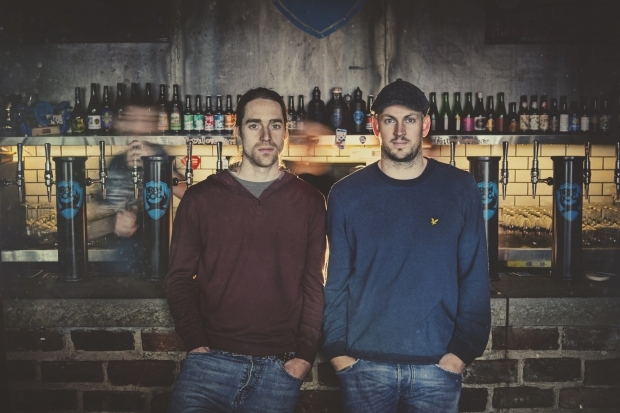
We want retail stores, bars, restaurants & hotels all to have a craft beer section in their offering. It is almost impossible to get them to commit to this without being able to offer them an official definition of what craft beer is. What we then don’t want, is for them to a create a craft beer section in their shop or menu only for this to be carpet bombed by beers that are not craft.
I also accept that any definition will be at least slightly controversial, that it will be imperfect and that people will love citing potential exceptions (as they do in America too). However, I certainly don’t believe these are reasons not to put an official definition in place. If people focus on the bigger picture rather than small exceptions, its benefit is undeniable to everyone who loves great beer.
I also propose that the definition of craft beer is a beer brewed by a craft brewer at a craft brewery. The challenge then becomes around defining craft brewer and not craft beer.

Building from and adapting the official US definition seems a sensible place to start. The Brewers' Association defines a craft brewery as small, traditional and independent (more detail on the breakdown of these terms here: http://www.brewersassociation.org/pages/business-tools/craft-brewing-statistics/craft-brewer-defined.) America is different market in terms of scale and structure to here so I don’t think it makes sense to adopt their definition unilaterally, so we would propose to build the definition as follows:
A European Craft Brewery:
1) Is Small
Brews less than 500,000 HL annually. *see point 3 below
2) Is Authentic
a) brews all their beers at original gravity
b) does not use rice, corn or any other adjuncts to lessen flavour and reduce costs
3) Is Honest
a) All ingredients are clearly listed on the label of all of their beers.
b) The place where the beer is brewed is clearly listed on all of their beers.
c) All their beer is brewed at craft breweries.
4) Is Independent
Is not more than 20% owned by a brewing company which operates any brewery which is not a craft brewery
A couple of notes on the proposed definition above:
1) This is intended to be the starting point for an open discussion rather than the end definition. By engaging the craft beer community and encouraging an open discussion around a definition we can hopefully build on and improve what we have outlined above. We would love to hear your thoughts on how to improve our proposed definition.
2) It would also mean the consumer can hold everyone in the craft beer industry to a higher standard of accountability. In the past we have sometimes not always had every ingredient listed on the label and although we were open on our blog when we made a small percentage of our beer off site in 2011 & 2012, this was not always reflected on our packaging. With our new brewery all our beer is now made in house. However the clause 3) above raises the bar for everyone, including ourselves.
3) The first point is probably the most contentious and logically difficult one. For me the definition may work equally well by dropping the first point and not linking at all to size. Non craft breweries over 500,000 would inevitably fall foul of 2) a and 2) b perhaps making the first clause largely irrelevant. We would be interested in your thoughts here.
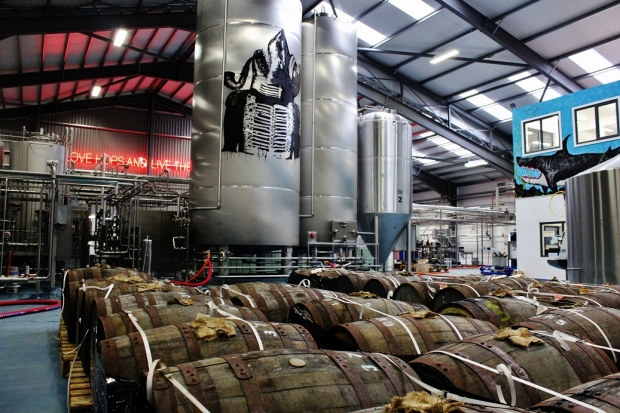
The need for a definition is as much about protecting and informing the customer as it is the fledgling category.
People may argue about point 4. However, for me, intent is a massive part of craft brewing. If you are responsible for bastardizing beer on a colossal scale all around the globe (such as AB-InBev & Molson Coors) your intention when it comes to beer is pretty clear. Therefore any brewery which is owned by one of these companies should no longer count as a craft brewer. The beer might still be ok (for a while), but, in my view, the brewery is no longer a craft brewery. Feel free to shout at me about Goose Island. Also, feel free to apologise in 10 years time when the brewery no longer exists and all their beer is made under contract with rice & corn at an InBev plant. The guys there knew exactly what they were doing when they sold to AB InBev and their beer no longer counts as craft.
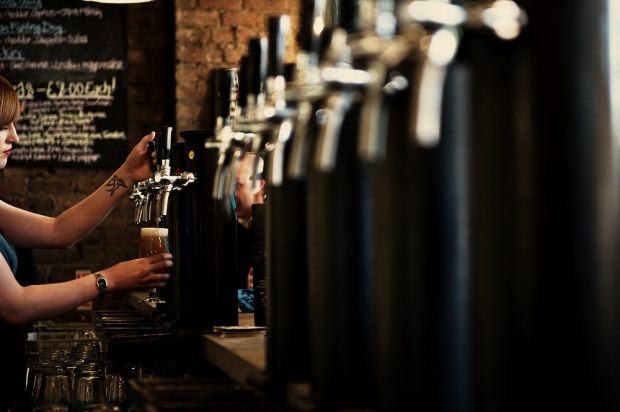
Craft Beer (as Pete Brown recently advocated) cannot be an adjective. Mark Dredge recently wrote a book about craft beer and then declared that "it is not an actually definable thing"; he then lost the plot slightly also cited "Farmers' Market" as another example of an undefinable thing. As much as I respect Pete Brown and Mark Dredge's writing and I usually agree with them pretty much all of the time, I disagree with them here.
Craft Beer needs a definition, and that definition needs something tangible and solid. Everyone who brews, drinks and cares about great beer will be stronger as a result.
We want a definition to be recognised by both CAMRA and SIBA and also at a European level by The Brewers of Europe Association.
James & Martin x

Join the Discussion
Comments (82)